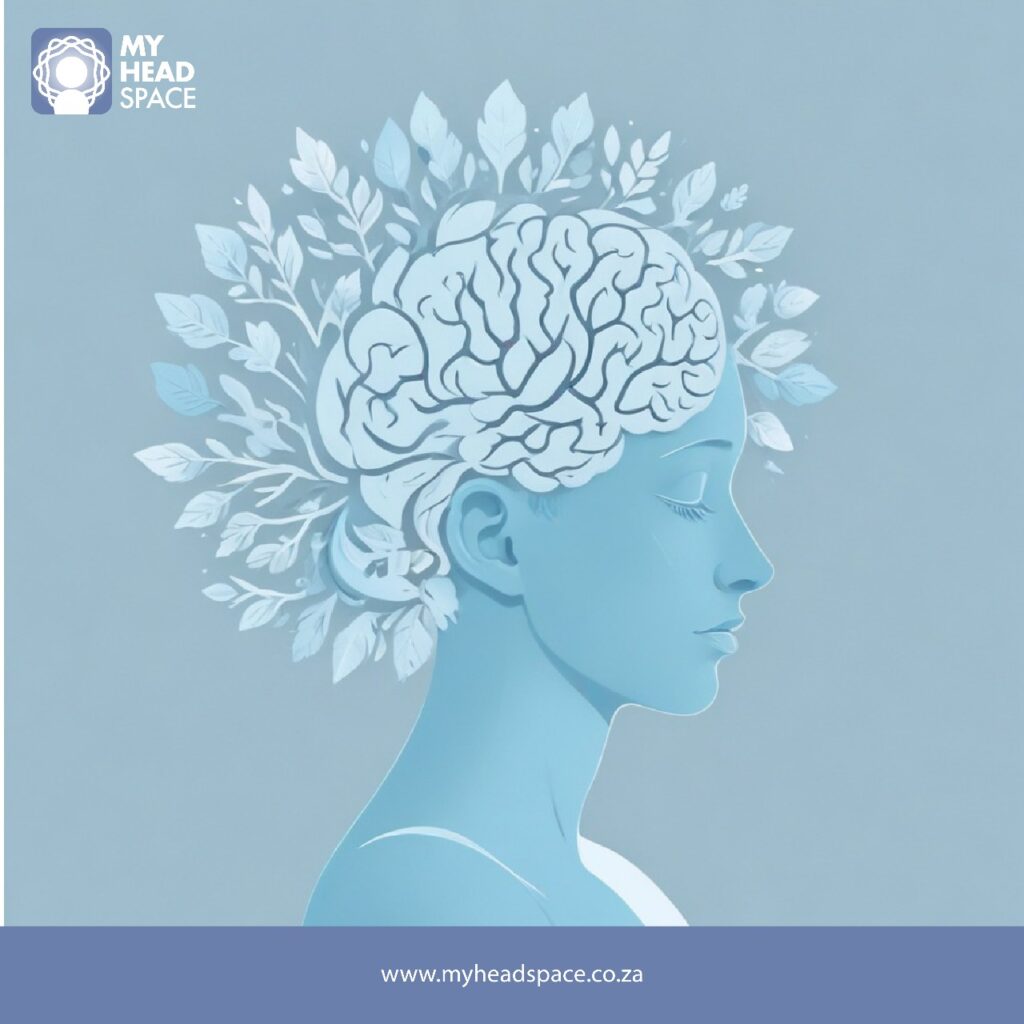
Behavioural Therapy for Alcoholics
Behavioural Therapy for Alcoholics
Behavioral therapy can help you identify and change unhealthy patterns related to alcohol use. It focuses on recognizing triggers, managing cravings, and setting realistic goals for recovery. Cognitive Behavioral Therapy plays a key role by challenging negative thoughts and building healthier coping mechanisms. Surrounding yourself with supportive individuals and creating a positive environment can reinforce your commitment to sobriety. As you explore these strategies, you’ll uncover more ways to enhance your journey toward lasting recovery.
Understanding Behavioral Therapy
When you’re struggling with alcohol use, understanding behavioral therapy can be an essential step toward recovery. This approach focuses on identifying and changing unhealthy patterns of thinking and behavior related to drinking. You’ll learn to recognize triggers that lead to alcohol use and develop coping strategies to manage cravings. Behavioral therapy also emphasizes accountability, helping you stay committed to your recovery goals. It can involve individual sessions, where you receive personalized support, or group settings that foster community and shared experiences. By exploring your feelings and behaviors in a safe environment, you’ll gain insight into your relationship with alcohol. Ultimately, this therapy aims to empower you to make healthier choices and build a fulfilling life free from alcohol dependence.
The Role of Cognitive Behavioral Therapy
Cognitive Behavioral Therapy (CBT) plays a significant role in treating alcohol use disorders by targeting the thought patterns that contribute to your drinking behavior. Through CBT, you’ll learn to identify and challenge negative beliefs that fuel your desire to drink. This process helps you develop healthier coping mechanisms and reinforces positive behaviors. By addressing the underlying thoughts and feelings linked to your alcohol use, you can gain better control over your actions. CBT also encourages you to set realistic goals, enhancing your motivation for change. As you work through these strategies, you’ll find yourself better equipped to navigate the challenges of sobriety and ultimately build a more fulfilling life without alcohol.
Strategies for Coping With Triggers
Although triggers can be challenging, having effective coping strategies can make a significant difference in managing your response to them. First, identify your specific triggers—whether they’re places, people, or situations. Once you know what to avoid, practice deep breathing or mindfulness techniques when faced with these triggers. Engaging in physical activity can help reduce stress and distract you from cravings. Create a list of positive affirmations or coping statements that you can repeat during tough moments. Additionally, keep a journal to track your feelings and responses to triggers, as this can provide valuable insights. Finally, prepare a plan for what to do when a trigger arises, ensuring you have healthy alternatives ready to implement.
Building a Supportive Environment
Creating a supportive environment is essential for your recovery journey, as it can greatly influence your ability to maintain sobriety. Surround yourself with people who understand your goals and encourage your progress. This means seeking out friends and family who support your commitment to a sober lifestyle. You might also consider joining support groups where you can share experiences and gain insights from others facing similar challenges. Establish boundaries with those who may trigger old habits or negativity. Additionally, create a home environment that promotes wellness, free from alcohol-related cues. By fostering healthy relationships and a positive atmosphere, you empower yourself to stay focused on your recovery and build a brighter future.
Long-term Recovery and Maintenance
As you begin the journey of long-term recovery, it’s vital to establish a solid foundation that supports your sobriety. Engage in ongoing therapy and support groups to reinforce your commitment. Surround yourself with positive influences and avoid environments that trigger cravings. Set realistic goals, celebrating small victories along the way. Incorporate healthy habits, like regular exercise and balanced nutrition, to boost your mental well-being. Develop coping strategies for stress and triggers, ensuring you’re prepared for challenges. Stay connected with your support network, sharing your experiences and feelings openly. Remember, recovery is a continuous process that requires dedication and self-reflection. Embrace the journey, and know that each step brings you closer to a fulfilling, sober life.
Frequently Asked Questions
What Qualifications Do Therapists Have for Treating Alcohol Addiction?
Therapists treating alcohol addiction typically hold advanced degrees in psychology or counseling, are licensed professionals, and often have specialized training in addiction therapy. Their expertise equips them to provide effective support and guidance throughout your recovery journey.
How Long Does Behavioral Therapy Typically Last for Alcoholics?
Behavioral therapy for alcoholics typically lasts from several weeks to a few months, depending on your individual needs and goals. You’ll work closely with your therapist to track progress and adjust the treatment duration accordingly.
Are There Any Side Effects of Behavioral Therapy for Alcohol Dependence?
Behavioral therapy for alcohol dependence typically has few side effects. You might experience emotional discomfort as you confront challenges, but this is part of the healing process. Most clients find the benefits outweigh any temporary discomfort.
Can Family Members Participate in Behavioral Therapy Sessions?
Yes, family members can participate in behavioral therapy sessions. Their involvement can enhance support and understanding, helping to strengthen relationships and improve outcomes. It’s an opportunity for everyone to learn and grow together.
Is Online Behavioral Therapy Effective for Alcohol Addiction?
Yes, online behavioral therapy can be effective for alcohol addiction. It offers convenience and accessibility, allowing you to engage in sessions from home. Many find it helps build motivation and accountability in their recovery journey.
embracing behavioral therapy can be a transformative step in your journey to overcome alcohol addiction. By understanding your thought patterns and triggers, you’ll develop healthier coping strategies and rebuild essential relationships. Remember, you’re not alone—Myheadspace is here to support you every step of the way. Take charge of your recovery and foster resilience for a brighter, alcohol-free future. Your path to lasting change starts now; don’t wait to take that first step.
